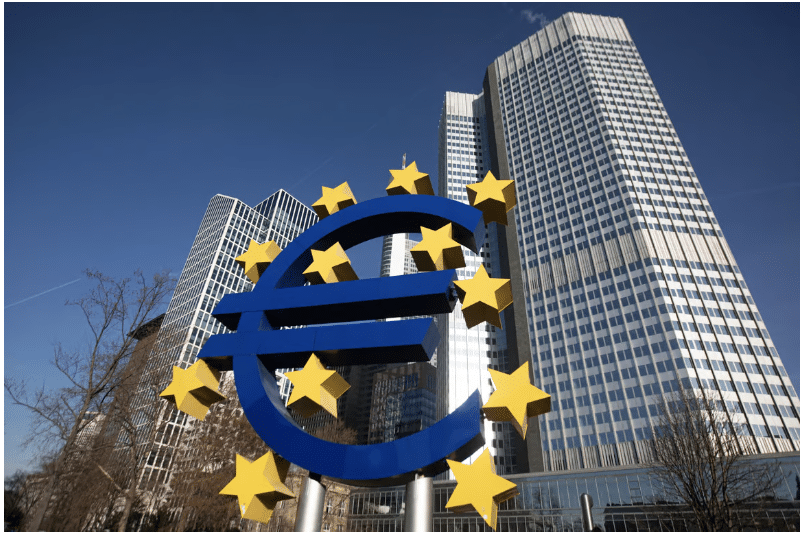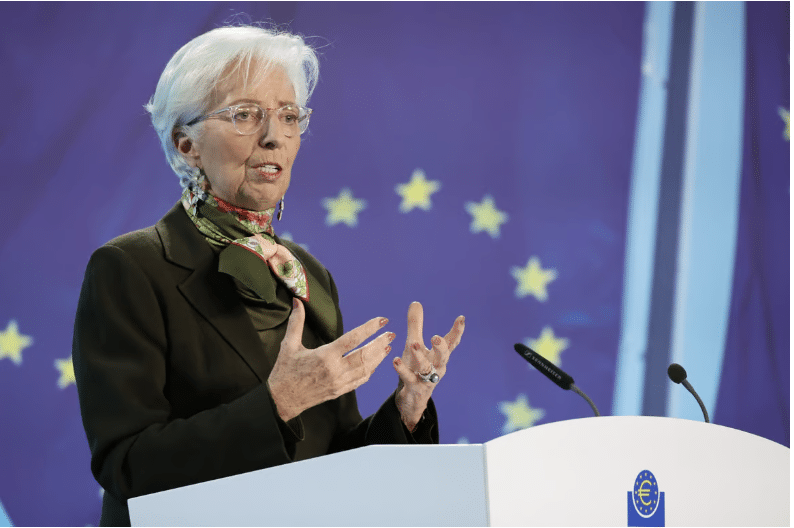What is the European Central Bank?
The European Central Bank (ECB) is the central banking authority responsible for formulating and implementing monetary policy within the Eurozone. Established in 1998 and headquartered in Frankfurt, Germany, the ECB plays a pivotal role in maintaining price stability and supporting sustainable economic growth across the member countries that share the euro currency.

As a key institution within the Eurosystem, the ECB operates independently, free from direct political influence, allowing it to focus on its primary objectives. Its primary mission is to ensure price stability by keeping inflation rates low and predictable. The ECB’s decisions on interest rates, open market operations, and other monetary tools impact borrowing costs, liquidity conditions, and overall economic conditions within the Eurozone.
Why is the ECB’s Monetary Policy Statement so Important?
The significance of the ECB’s Monetary Policy Statement lies in its potential to influence financial markets, investor sentiment, and economic expectations. Through this statement, the ECB communicates its decisions on interest rates, economic outlook, and policy strategies. Traders, investors, and policymakers closely scrutinise the statement for insights into the central bank’s views on inflation, growth, and its commitment to maintaining monetary stability.
The ECB’s decisions can have a profound impact on currency values, interest rates, and the overall stability of financial markets. Furthermore, the Monetary Policy Statement serves as a tool for guiding market expectations, fostering transparency, and providing crucial signals about the central bank’s intended course of action. In essence, the ECB’s role is instrumental in shaping the economic landscape of the Eurozone, making its Monetary Policy Statement a highly anticipated and influential event in the global financial arena.
When is the Next ECB Monetary Policy Statement and What to Expect?
As the financial world turns its attention to the European Central Bank (ECB), the eagerly anticipated Monetary Policy Decision looms on Thursday, January 25, with the announcement slated for 13:15 GMT. This event serves as a pivotal moment in the economic landscape, providing insights into the ECB’s strategies and decisions that carry far-reaching implications. Expectations are rife among economists and researchers from 12 major banks as they analyse the nuances of the ECB’s upcoming decision. Amid this scrutiny, the focal points include the ECB’s stance on interest rates, with a consensus among analysts that the rates will remain unchanged. Specifically, the deposit rate is anticipated to hold steady at 4%, while the main reference rate is expected to be maintained at 4.5%. The significance of these decisions lies not only in their immediate impact on the financial markets but also in the broader implications for the Eurozone’s economic trajectory.
As market participants await the verdict, all eyes will be on ECB President Christine Lagarde, whose comments on forward guidance will be dissected for signals regarding the central bank’s future policy direction. The nuanced statements and insights shared during this announcement hold the potential to sway currencies, influence investor sentiments, and set the tone for the Eurozone’s economic outlook and give traders a chance to trade the news. In the ever-evolving global financial landscape, the ECB’s Monetary Policy Decision stands as a critical juncture, guiding financial markets and shaping expectations in the pursuit of stability and sustainable economic growth.

Analysts’ consensus on the upcoming European Central Bank (ECB) Monetary Policy Statement varies. While Danske Bank expects limited signals and hints at a potential rate cut in summer, Nordea predicts a June rate cut but notes data-dependency. Rabobank prefers a later cut in September, emphasising improved wage dynamics. Societe Generale sees no policy changes in January, with a potential cut in September. TDS expects the ECB to hold, aligned with the consensus. Deutsche Bank is pushing back a Q1 cut and anticipating April. ABN Amro expects unchanged policy with a possible June cut. Wells Fargo sees the ECB holding, but notes interest in the economy’s assessment. The consensus underscores uncertainties in the timing and nature of future ECB policy decisions.